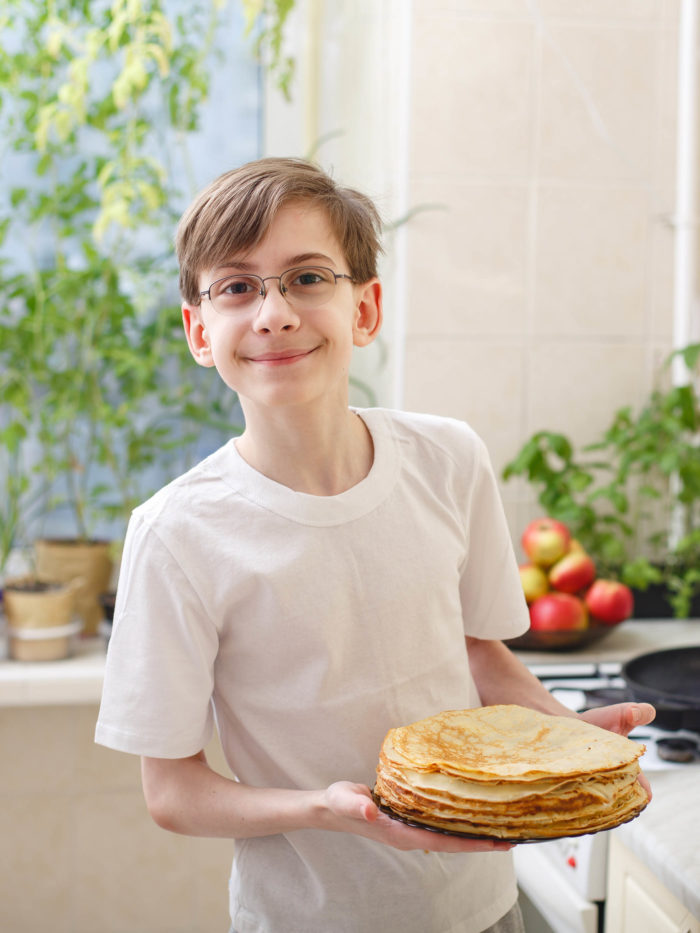Having a child with a food allergy can be challenging at times, but with care and menu planning, these kids can lead happy and healthy lives free of allergic reactions.
“These kids can live a normal life and with proper education, this problem is very manageable,” says Dr. Mark. Ellis, director of the allergy, asthma and immunology program at CHOC.
Dr. Ellis says that food allergies are becoming more common, but while many hypotheses about the increase exist, none are supported by the medical research.
CHOC offers families many educational resources to help handle food allergies, including nutritional support and dietary advice. A CHOC dietitian can ensure the child’s diet is nutritionally sound, Dr. Ellis says. Patients can also visit Food Allergy Research & Education (FARE), a nonprofit organization that offers food allergy information.
Even parents of children without known food allergies should know the symptoms of an allergic attack. The American Academy of Pediatrics offers this list of the most common symptoms:
- Skin problems
- Hives (red spots that look like mosquito bites)
- Itchy skin rashes (eczema, also called atopic dermatitis)
- Swelling
- Breathing problems
- Sneezing or wheezing
- Throat tightness
- Stomach symptoms
- Nausea
- Vomiting
- Diarrhea
- Circulation symptoms
- Pale skin
- Light-headedness
- Loss of consciousness





